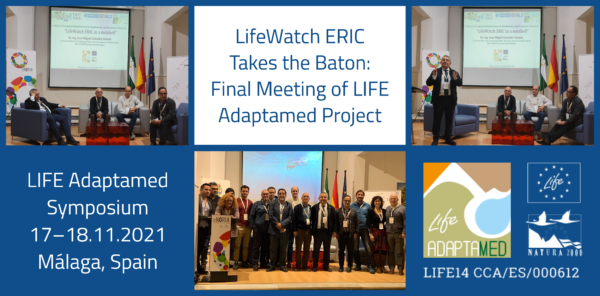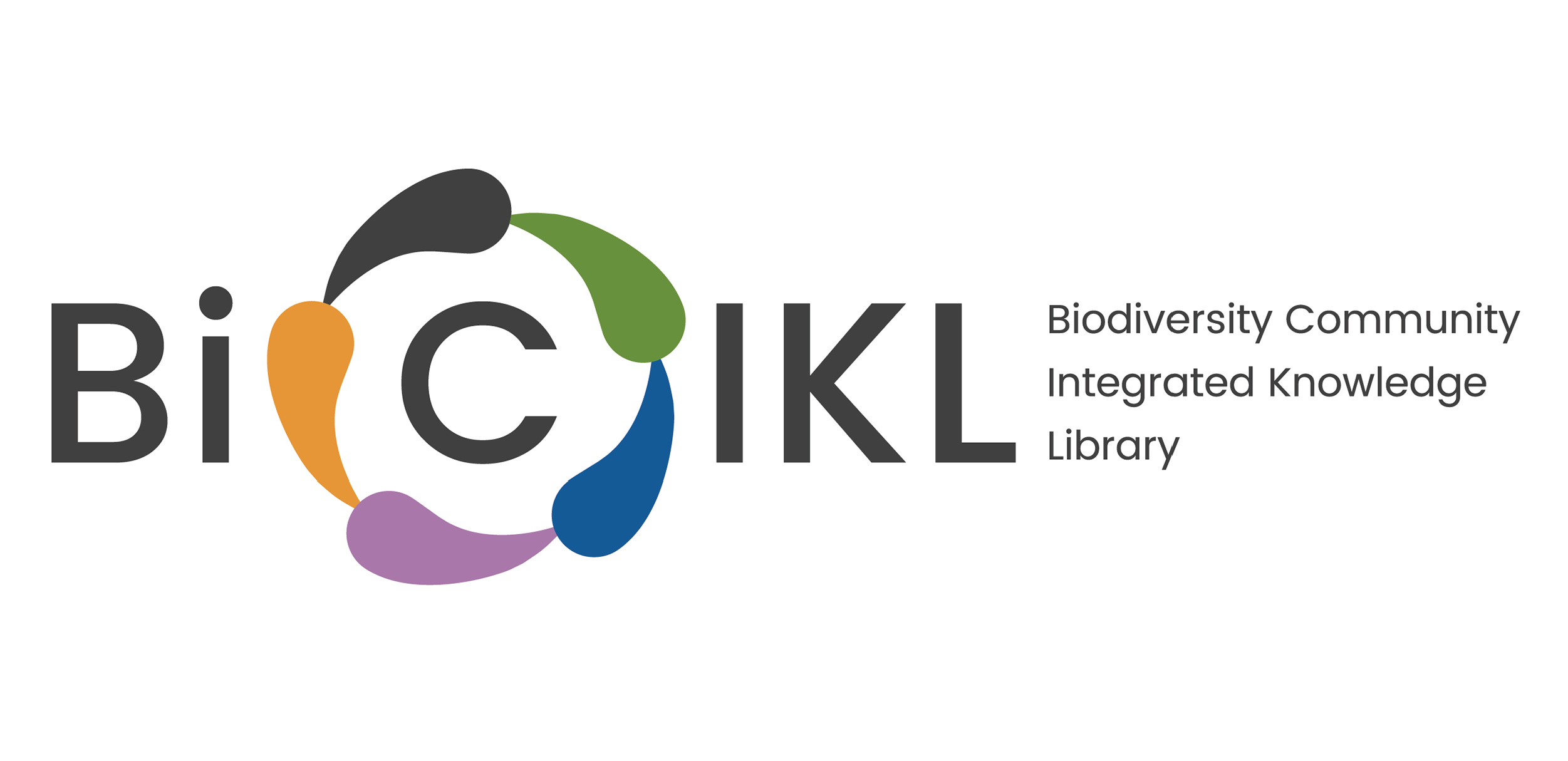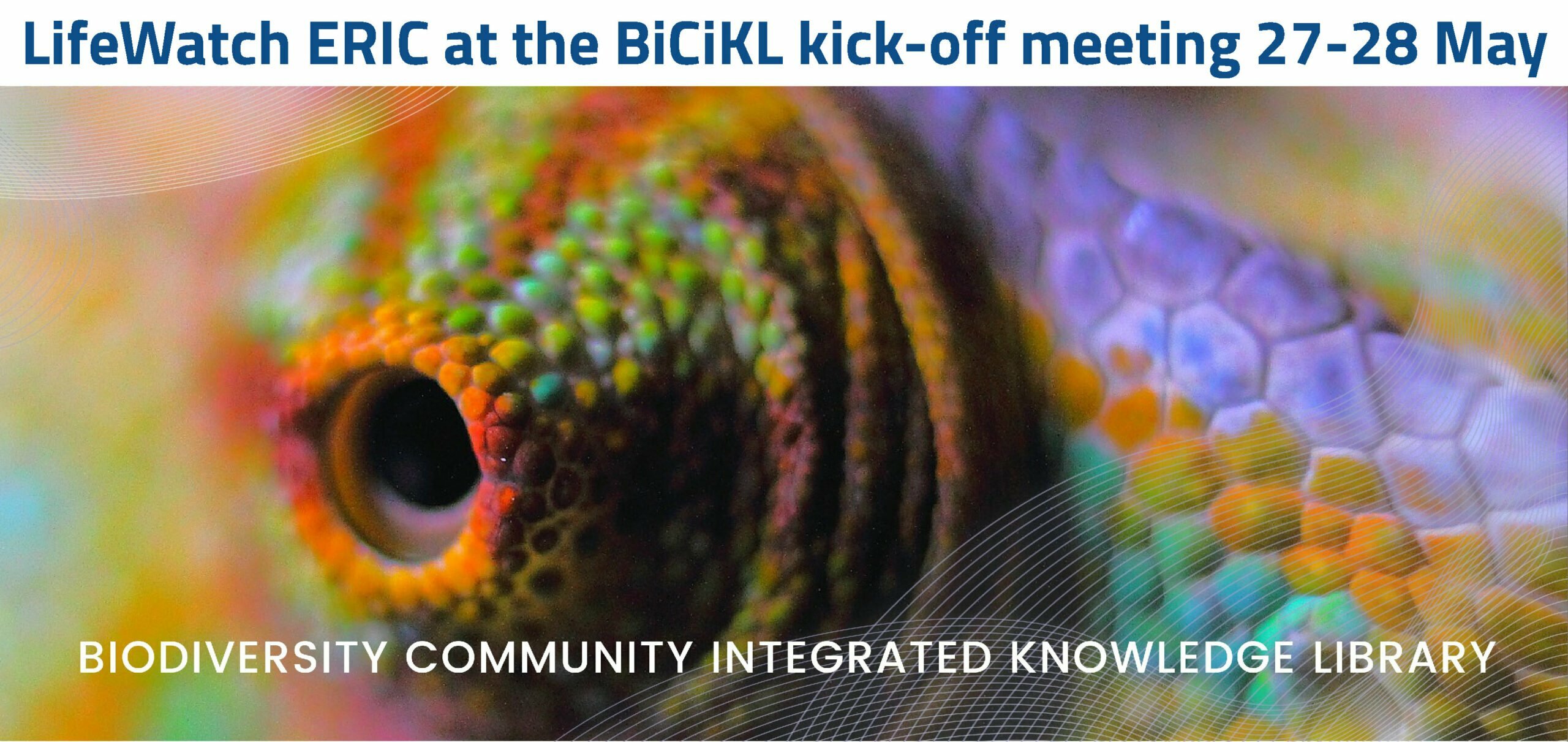Starting in February 2022, EOSC Future (one of the projects in which LifeWatch ERIC is currently involved) will organise ‘ask me anything’ webinars.
On the first Tuesday of every month, participants will have the chance to ask questions about a variety of EOSC services and resources.
During these exclusive Q&A sessions, resources and resource categories available on the EOSC platform will be presented, discussed and, in some cases, tested out.
Each session will take place online from 14.00-15.00 CET.
The first 3 webinars are listed below:
- 01/02/2022: Data storage
- 01/03/2022: Software
- 05/04/2022: Compute services
Have a question about another EOSC service that is not listed above? More dates and topics are coming throughout 2022-2023. Eventually, the webinars will cover all resource categories on the EOSC portal.
Ask me anything about…
The EOSC Future ‘ask me anything’ webinars aim to encourage uptake among users as well as show potential service providers how their resources could be featured through EOSC.
For each session, EOSC community members, experts and project coordinators will present an EOSC resource. As needed, there will be a demonstrative use case to show how a specific type of resource can be accessed and used via the platform. For all webinars, particular emphasis will be placed on answering any and all questions from the audience.
Registration
Register for specific sessions by following the links below:
Visit the EOSC Future website for updates on upcoming webinar topics and dates.



